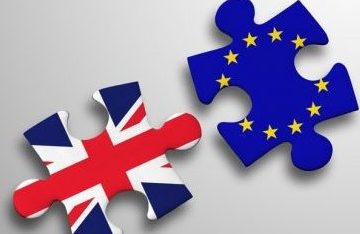
It’s not you, it’s us! What the Brexit divorce tells us about the EU’s own weaknesses
According to social media in Russia, “Brexit” has just assumed a new meaning: you say goodbye, but never leave. Vasilij Petrovich has drunk half a bottle of vodka, broken some precious porcelain, offended the hosts, and despite saying goodbye, he is still sitting at the table and drinking. You feel like pushing him out to the cold, but this would create more problems than keeping him in. This story reflects the current European dilemma. For many years, the United Kingdom enjoyed the benefits of European integration without trying to become a constructive, let alone affectionate, EU member. Two years ago, it decided to leave the EU, but is still pondering whether to leave through the door, window or chimney. The …

Collateral Benefit: Brexit as Catalyst for European Structural Reform?
Brexit, if it has to happen, could have a silver lining. It could be an opportunity to reform and refashion the European project by making good on the aspiration of an ever-closer political union, needed today more than ever before. The Need for a Stronger Union President Macron addressing the need for EU reform with deeper political integration 26 September 2017 at the Sorbonne in Paris. Photograph: Ludovic Marin/Reuters Judging from my experience in the UN climate change negotiations, the EU can be a major international player and a force for good, but only if it ceases to ‘punch below its weight’ due to a lack of political union. This is why I fully concur with the view expressed by …
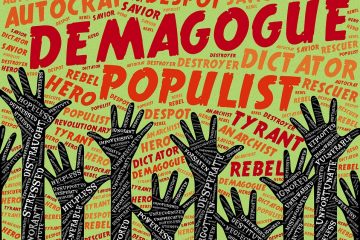
The Fall of the Liberal Project
Since the fall of the Berlin Wall, liberal ideals have defined Europe’s political order. Parties that questioned free trade and democratic checks-and-balances could hardly gain many votes. Cultural tolerance and religious neutrality was the norm. The EU was seen not only as an engine of wealth, but also as an ethical power spreading liberal norms throughout the world. This era is now approaching its end. Liberal ideals are under fire from Helsinki to Athens. There are many local variations of the anti-liberal surge, but let us not delude ourselves: populism is not just confined to Hungary, Greece and Poland. Nigel Farage and his populist party UKIP have triumphed in the Brexit referendum. The Freedom Party of Austria, which came to …
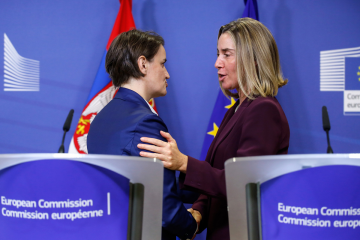
Walking a Tightrope: Serbia Between East and West
Despite the fact that other countries of the Western Balkans are already part of NATO and the EU, Serbia is pursuing close ties both with Eastern and Western powers. Ana Brnabic, Serbia’s Prime Minister, has stated that “Serbia should not be asked to choose between the West and Russia.” According to her, Serbia is pursuing a “balanced foreign policy.” Such a policy is not necessarily new, as during the Cold War, the former Yugoslavia cooperated with both the East and the West. But in today’s contentious geostrategic climate, such a “neutral” policy means precariously walking on a tightrope bedeviled by pitfalls and competing interests. The EU’s Increasingly Ambiguous Appeal For centuries, Serbia has been Russia’s main ally in the Balkans. …
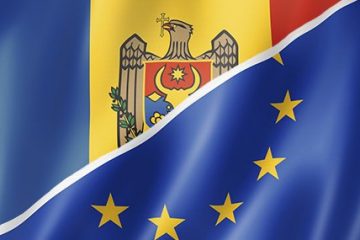
Waiting for Godot – Moldova’s derailed European course
Less than one month ahead of the next Eastern Partnership summit, the Republic of Moldova is again in Brussels’ spotlight. The country’s commitment and adherence to a path of more closely aligning with the European Union is rapidly fading despite being considered back in 2014-2015 the “successful story” of the EaP initiative. The government in Chisinau, which has proclaimed itself to be “pro-European” has shown no desire to push for necessary reforms in key areas, such as the justice sector. Instead, it has acted with the sole purpose to maintain power and preserve the status quo after the parliamentary elections of 2018, regardless of the costs for relations with the EU. The fact that Moldova’s government has been increasingly non-acquiescent …
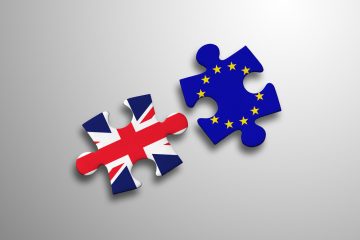
The young(-ish) have spoken. What now?
When Teresa May announced her snap election last April, she not only ruined my Roman holiday, but also made me cringe about having written a blog in the immediate aftermath of the Brexit referendum in which I had encouraged just that, namely: “Go with Dignity – Call a Snap Election!” Why? By then I had accepted the prevailing wisdom that the Conservatives would win a landslide victory, providing them with a three-figure majority in the Commons. This would have given her the popular mandate to push through Brexit in the ‘hardest’ possible form, thus nullifying any chance for a second ‘in-out’ referendum on the outcome of the Article 50 negotiations, which I had by then advocated in “The Will of …

Complex Negotiations are Dynamic and Unpredictable: An analysis of Sturgeon’s and May’s approach to Brexit
In the week of 13 March, two momentous events took place. Parliament passed the bill giving the government authority to notify the European Council that the United Kingdom intends to withdraw from the European Union. And First Minister Nicola Sturgeon announced that her government will introduce legislation for a second independence referendum for Scotland. The first occurred despite the House of Lords’ insistence on a prior guarantee of the status of EU citizens or of an up-or-down vote on the final deal (or no deal); the second was a surprise move, seemingly calculated to pre-empt a positive news cycle on the day the bill was approved. These two leaders’ approaches to Brexit so far show the difference between imposing order and control in an …

“National interest” – what do we mean?
“National Interest” has entered the lexicon as a phrase that implies a realist approach to International Relations. It carries an assumption that is it possible to define the national as a melding and cohering of all interests, including business, sectoral, regional, and religious, within a country. When politicians use the phrase National Interest they seek to convey a message about the importance of what they are saying. It is a term deployed to allude to grand ideas and strategies and to conjure up an image of national power, rather than to illuminate what is actually going on in the foreign policy process, or routine political activity. The phrase can and has been applied to the military, political and economic spheres—the …









